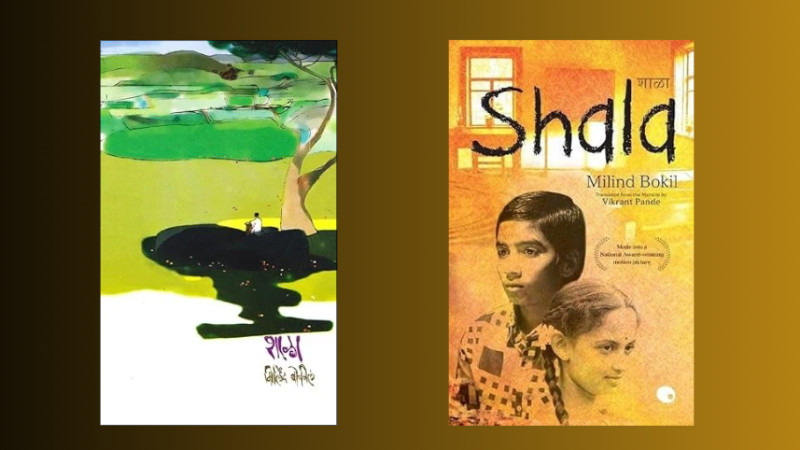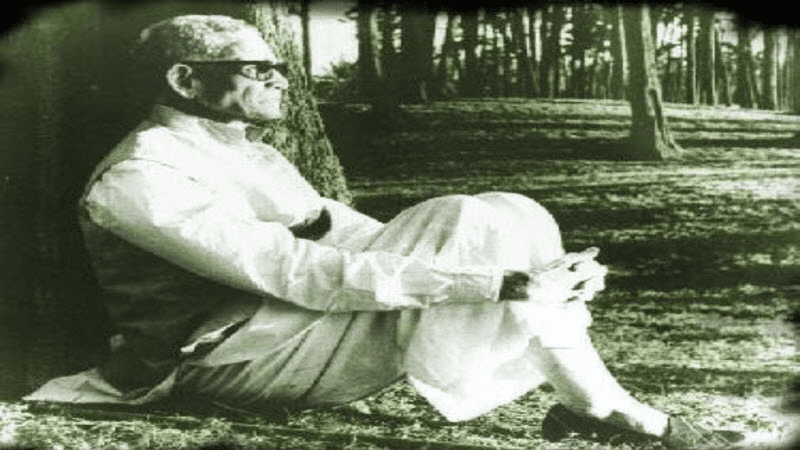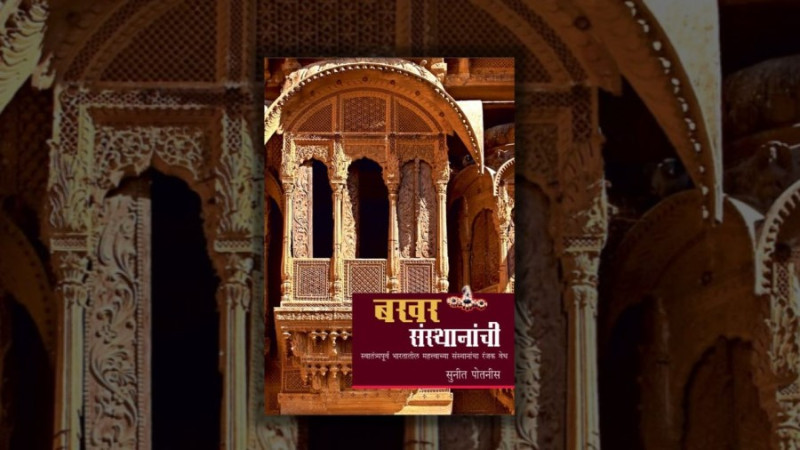On 15th August 2024, Weekly Sadhana entered its 77th year of existence by honoring the literary contributions of Milind Bokil, a renowned Marathi sociologist and writer. Bokil is known for his engaging fiction, as well as his impactful non-fiction work bringing attention to the issues of marginalized communities and highlighting sincere, community-driven efforts for social transformation and wholesome development. In recognition of his work, Weekly Sadhana published a special issue featuring an in-depth interview with Bokil and an extended revised edition of his reportage Goshta Mendha Gavachi. A day-long seminar was also held to discuss his literature. As an extension of this event, four additional articles and four videos are being released, including the current piece by Vikrant Pande, who translated Bokil's popular novel Shala into English.
It was in 2013 that I had started my journey of translating Marathi classics into English. I was fortunate that I had got permission from top authors or their copyright holders to translate their books. Copyright holders of authors like Ranjit Desai and NS Inamdar had given me permission to translate their works.
I was asked by my editor in HarperCollins to look for contemporary writers, whose work was not only popular but would appeal to the younger generation. The name which immediately came to my mind was Milind Bokil. I had seen the movie, read the novel Shala and was deeply impressed with the work. The movie was a rare one where the director had been loyal to the original script. Milind later on told me that he had worked closely with the director while the script was being written. Meanwhile the Marathi novel had already been a success and the film’s national award probably made it even more popular.
I immediately tried to find Milind Bokil’s contact details and was pleasantly surprised to receive a warm welcome when I visited him in Pune after speaking to him on phone. He not only agreed to help me with the translation but also support me wherever I got stuck. He is himself very comfortable with English and I was fortunate that he allowed me to translate his work.
 The beauty of Shala is its simplicity. I was busy with Ranjit Desai’s Shreeman Yogi, and it was in some sense easy as the language was rich and emotional thus allowing the translator in me to have a free hand to express it in my own words. But Shala was different. And it stumped me for a while when I began the translation. For those of us who grew in the seventies, the story of Shala will appeal a lot. It was not easy in those days to simply walk up to a girl in your classroom and start talking to her. Milind handles the emotions of Mukund and Shirodkar, the two main characters in the novel, with sensitivity. It is not a cheap romantic novel. It is truly a work of art. No doubt the novel received and continues to receive such popularity. The simplicity of Shala put forth a condition that I had to think hard before I could use free expression. I had to struggle to ensure the smoothness of the narrative. The story is that of a school boy and the expressions are that of an adolescent child thus I couldn’t use words which were adult in nature. I was greatly helped by Milind when he provided me with some useful tips.
The beauty of Shala is its simplicity. I was busy with Ranjit Desai’s Shreeman Yogi, and it was in some sense easy as the language was rich and emotional thus allowing the translator in me to have a free hand to express it in my own words. But Shala was different. And it stumped me for a while when I began the translation. For those of us who grew in the seventies, the story of Shala will appeal a lot. It was not easy in those days to simply walk up to a girl in your classroom and start talking to her. Milind handles the emotions of Mukund and Shirodkar, the two main characters in the novel, with sensitivity. It is not a cheap romantic novel. It is truly a work of art. No doubt the novel received and continues to receive such popularity. The simplicity of Shala put forth a condition that I had to think hard before I could use free expression. I had to struggle to ensure the smoothness of the narrative. The story is that of a school boy and the expressions are that of an adolescent child thus I couldn’t use words which were adult in nature. I was greatly helped by Milind when he provided me with some useful tips.
The whole process of writing the novel was an enriching experience and it has been a hallmark of my translation career to be able to get this work. We discussed the cover page and decided that we would use a scene from the Marathi award winning film as it depicted the innocence of the protagonists very well. We were impressed with the kind of work the editor at HarperCollins, Minakshi Thakur, to make the manuscript even more readable. The cover design was a big hit.
It took me nearly 8 months to translate. I had translated historical fiction before, with works like Ranjit Desai’s Raja Ravi Varma and Shreeman Yogi. I was looking at other works of NS Inamdar like Shahenshah and Rau Bajirao Mastani but this was a genre which was very different. Shala is not an outright emotional novel nor is it a tragic love story. As I mentioned the simplicity of the story, the innocence of the interaction between the young school children and the suburban setting makes it alluring and charming to say the least. It is difficult to embellish such a work with bombastic words as it would take away the very essence of the beauty. Thus the task was even more difficult for me.
 I enjoyed the process thoroughly and it was a rewarding experience for me. Over the years many people have approached Milind for a sequel on Shala and I too felt that this would make sense. After all, the readers are curious to know what happened to Shirodkar as she leaves abruptly in the story. Quite naturally there could be a sequel wherein Mukund meets Shirodkar later in life. All readers fall in love with the love affair of Mukund and Shirodkar and are keen to see them come together later in life. Or maybe in some other way the author may deem fit. It would be interesting to see how the author would tackle it. But Milind has not yet agreed on the same, unfortunately, to try his hand for a continuation of the story.
I enjoyed the process thoroughly and it was a rewarding experience for me. Over the years many people have approached Milind for a sequel on Shala and I too felt that this would make sense. After all, the readers are curious to know what happened to Shirodkar as she leaves abruptly in the story. Quite naturally there could be a sequel wherein Mukund meets Shirodkar later in life. All readers fall in love with the love affair of Mukund and Shirodkar and are keen to see them come together later in life. Or maybe in some other way the author may deem fit. It would be interesting to see how the author would tackle it. But Milind has not yet agreed on the same, unfortunately, to try his hand for a continuation of the story.
Click here to buy the english translation of 'Shala'
I have not translated other works of Milind Bokil though I am very keen to look at his work related to tribal areas. I did attempt the translation of his ‘Melghat, Shodh Swarajyacha’ but the work has not yet seen the light of the day. It would be an honour to translate more of his work, not just because I love his writing but because I truly feel that is work on tribals is something which needs to be brought to the attention of English speaking bureaucracy.
My interactions with Milind over the years have made me understand the person he is and his commitment to social issues is admirable.
- Vikrant Pande
(Award Winning Translator and Author, passionately translating Literary Works from Marathi to English)
Buy Milind Bokil's New Book published by Sadhana Prakashan -
Goshta Mendha Gavachi (Extended and Modified Second Edition)
Tags: शाळा विक्रांत पांडे मिलिंद बोकील साहित्य अनुवाद Load More Tags
































Add Comment